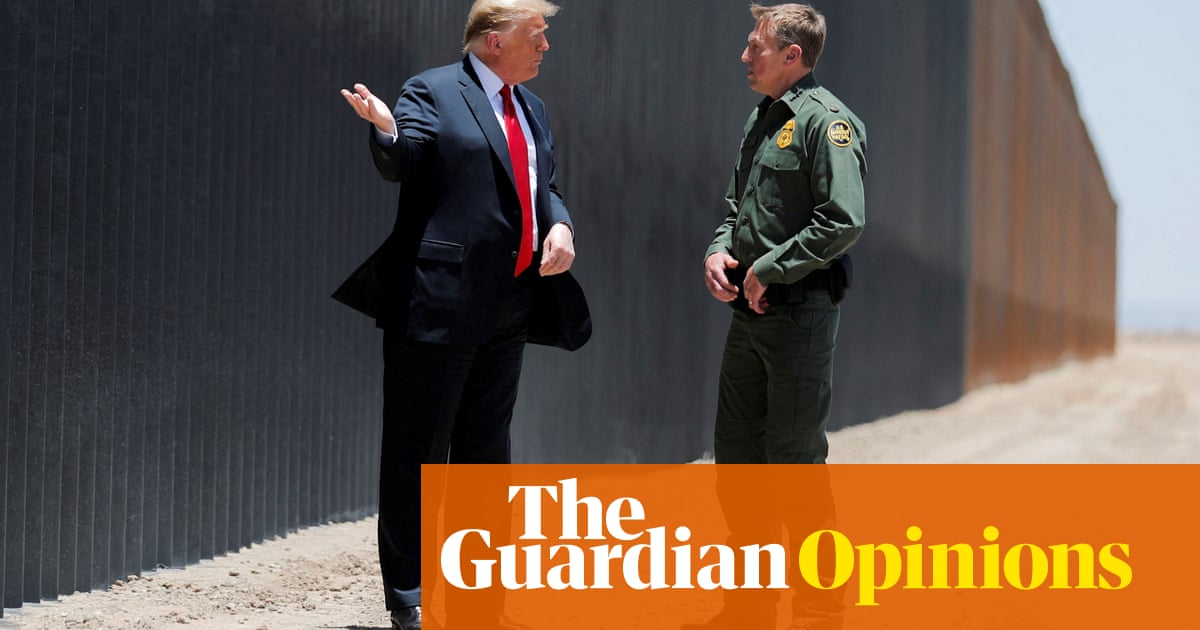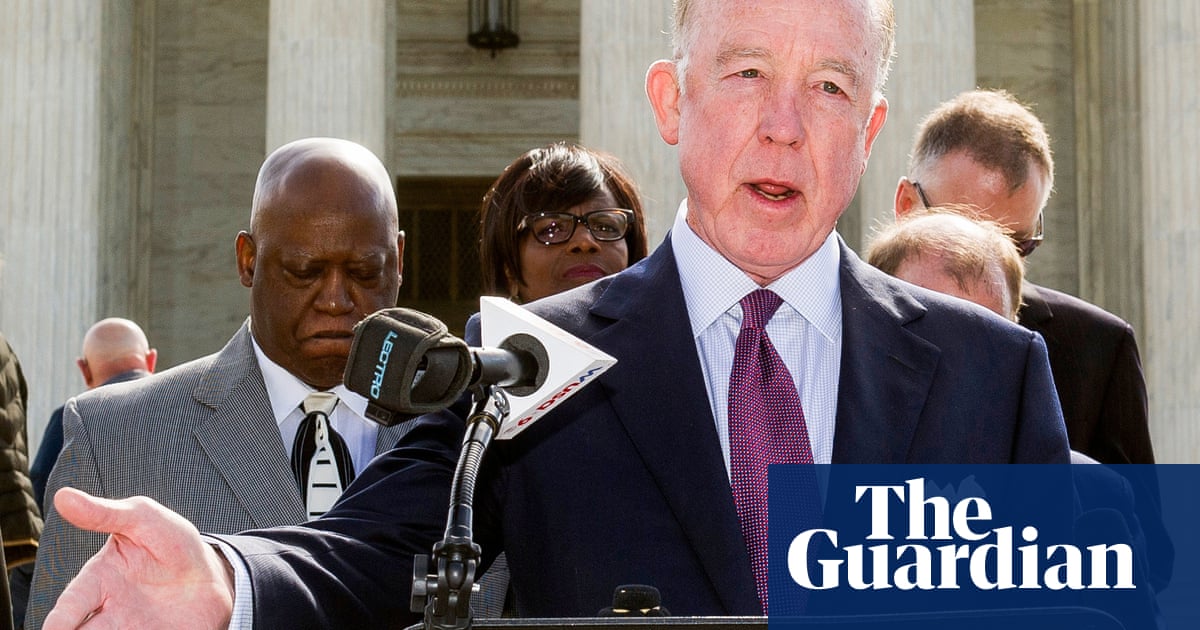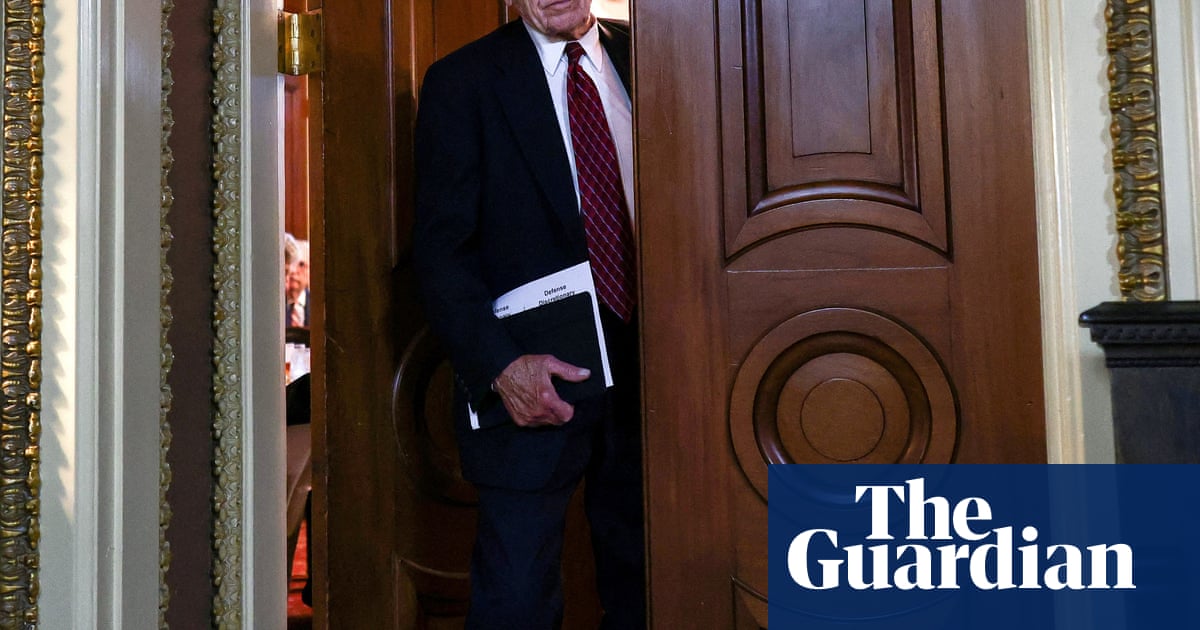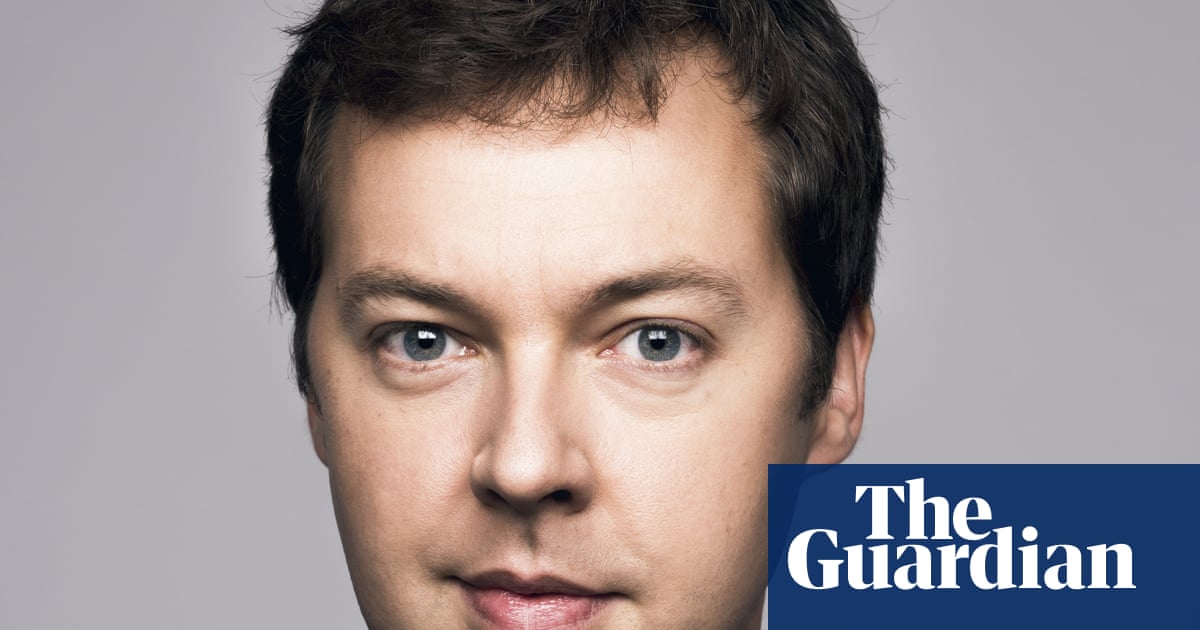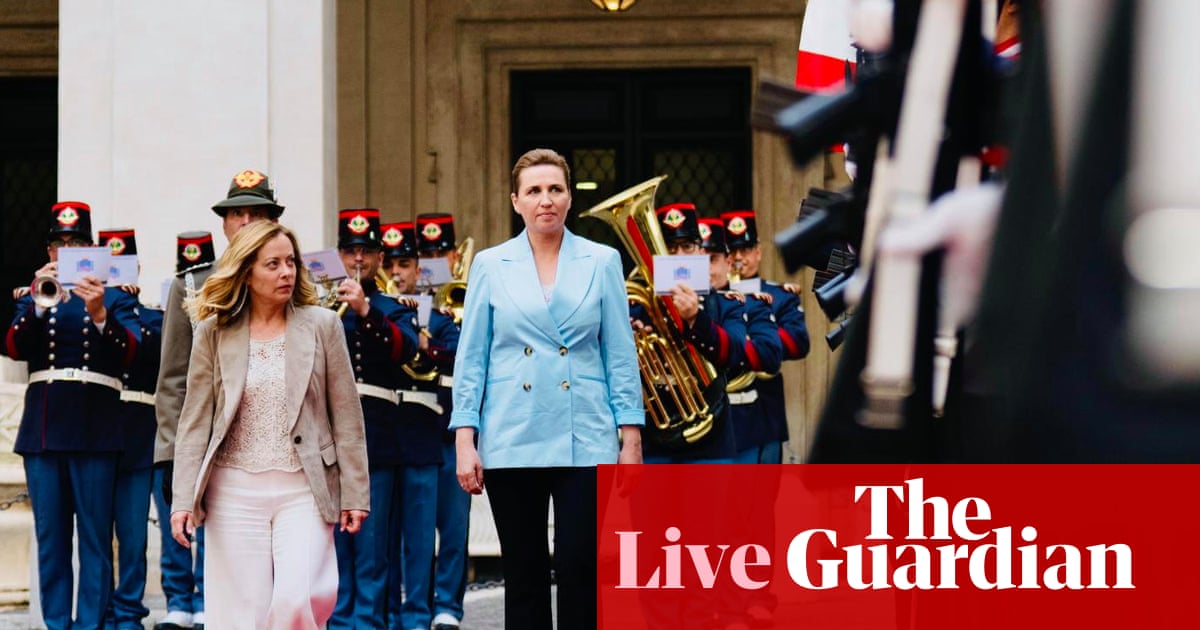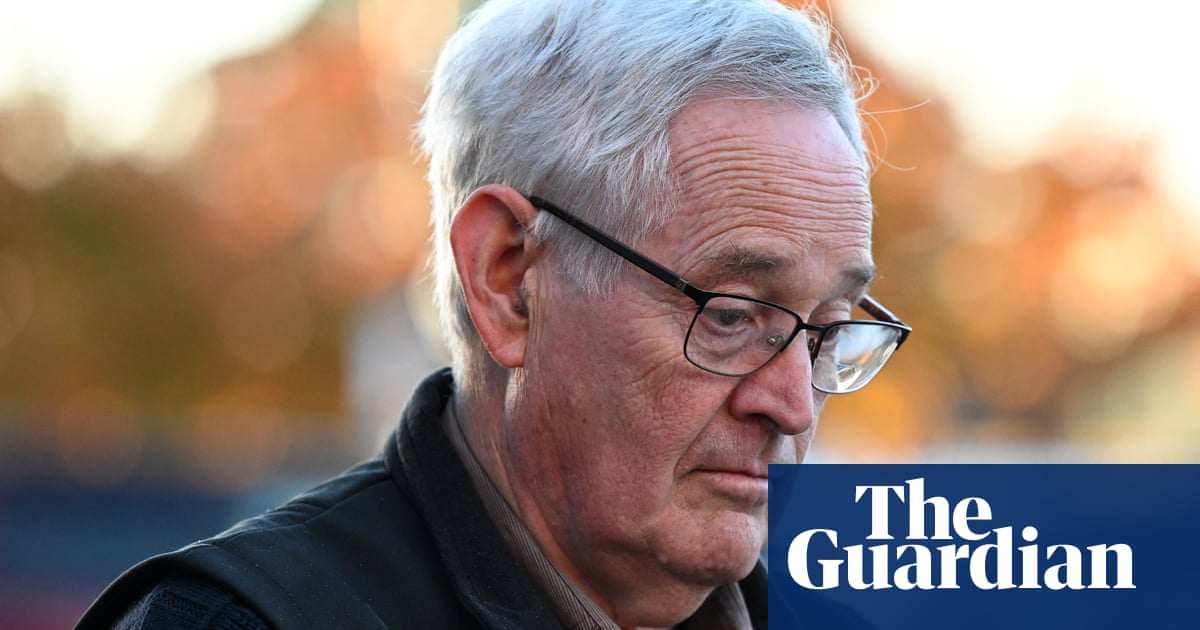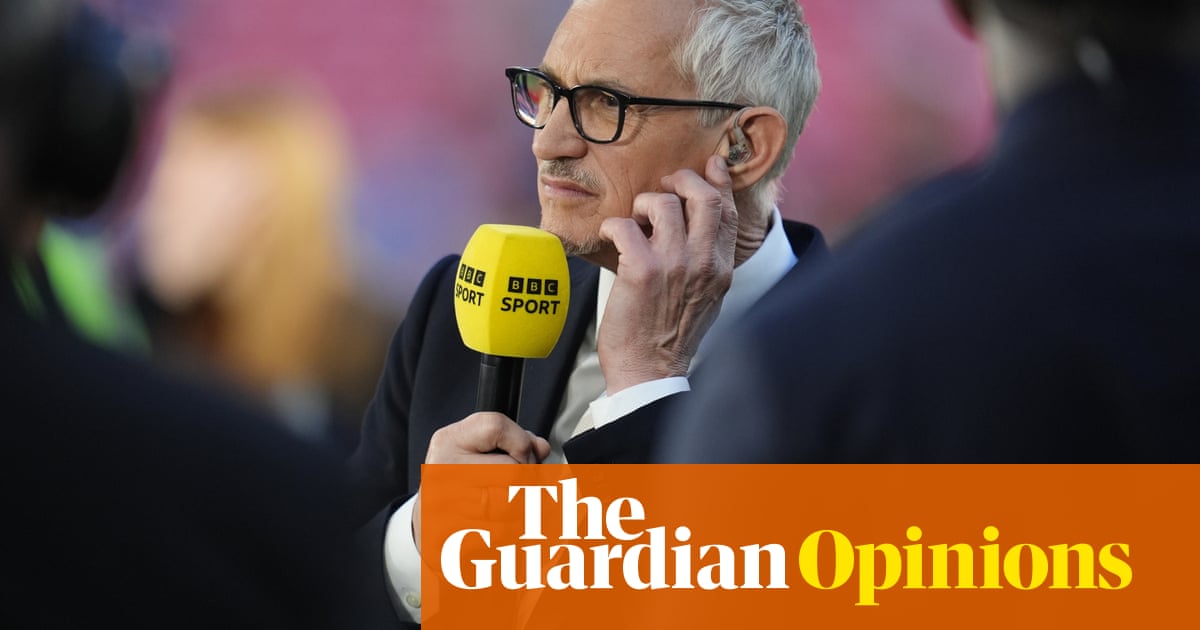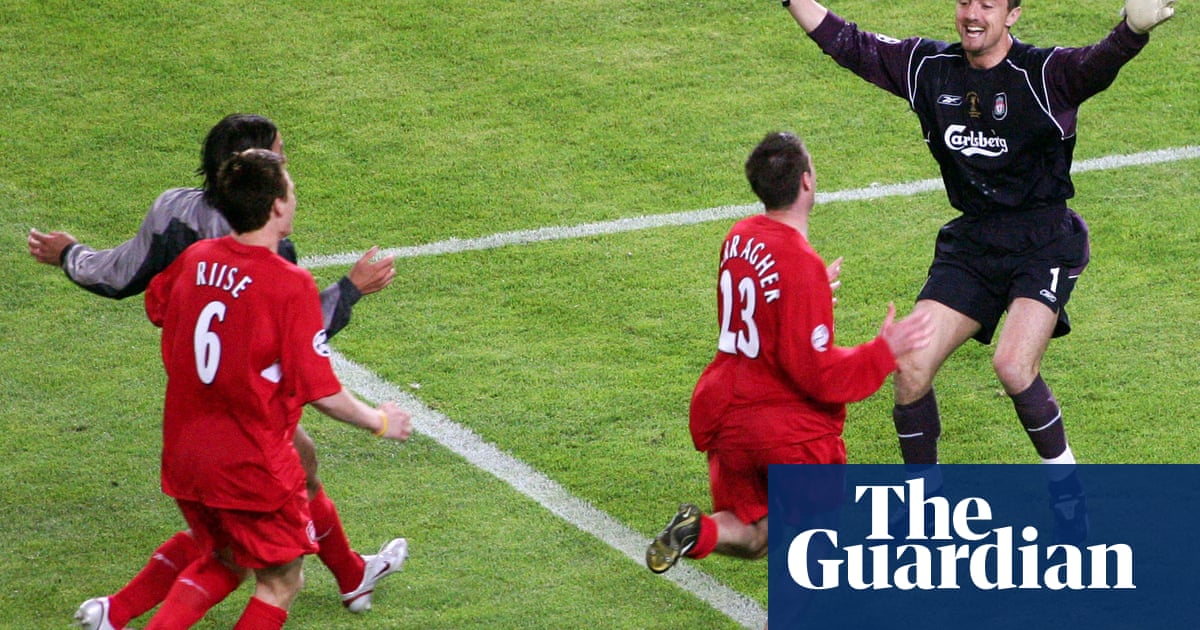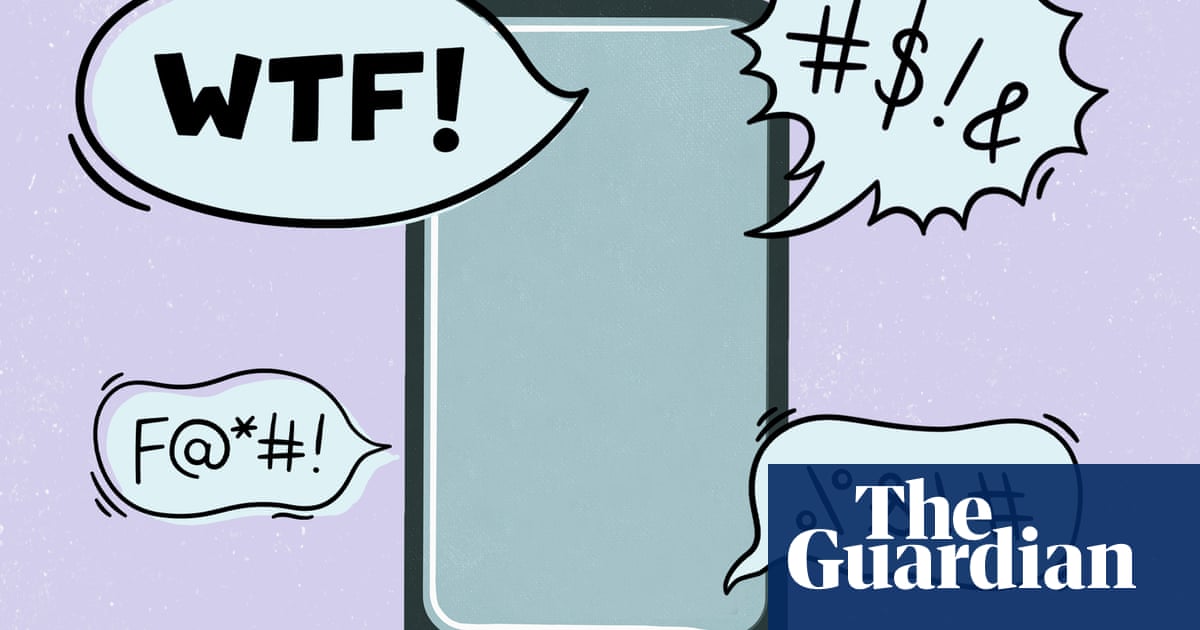A €150bn (£126bn) loans programme to rearm Europe that was finalised this week could be “a very important breakthrough” in the EU’s military support for Ukraine, the bloc’s defence commissioner has said.
Andrius Kubilius, a former prime minister of Lithuania who is the EU’s first defence commissioner, said he expected a lot of member states to request EU-backed loans under the €150bn Security Action for Europe (SAFE) scheme, which was approved on Wednesday.
The European Commission proposed the €150bn loans alongside flexibilities in the bloc’s fiscal rules as part of a €800bn rearmament plan, which was hastily drawn up after Donald Trump’s decision to suspend all US military aid to Ukraine.
Once the loans agreement is rubber-stamped next week, EU member states have six months to draw up plans for defence projects they wish to fund. “Member states will take those loans …. and will use them for joint procurement together with Ukraine and for Ukrainian needs,” Kubilius told the Guardian.
British defence companies will also have greater opportunities to be involved in defence projects funded by the scheme as a result of the EU-UK security pact signed on Monday, as part of Keir Starmer’s broader reset of relations. The UK and EU are expected to sign a technical agreement on SAFE that will require a yet-to-be determined administrative fee from London. The British government, however, does not intend to seek access to the EU-backed loans, which are designated for EU member states.
Kubilius said this week’s agreement with the UK had a historic strategic meaning: “It is impossible to imagine [Europe’s security] architecture from one side without Great Britain, from the other side without Ukraine,” he said, referring to the immediate threat from Russia and long-term challenge of the US shifting resources to the Asia Pacific.
“We cannot complain that 340 million Americans are not ready forever to defend 450 million Europeans against 140 million Russians,” he said, playing down European differences with the Trump administration. “We can dislike language and messages, but what we need to avoid really is what I call angry and chaotic divorce [with the US]. We need to go into a very rational agreement on a division of responsibilities.”
He expressed confidence that EU member states would deepen national debts to spend the €800bn possible defence spending identified by the commission.
So far, 15 countries, including Germany and Poland, have announced they intend to use the flexibilities in the EU’s fiscal rules, but several large and heavily indebted economies have held back, including France, Italy and Spain. These countries, which are among the least generous donors to Ukraine, are thought to be reluctant to increase debts for defence. Consequently some Brussels insiders remain sceptical that the EU will meet the €800bn headline figure.
The EU commissioner, nevertheless, said Europe could fill any shortfall in US military aid for Ukraine.
By the third anniversary of the full-scale invasion, Europe had provided Ukraine with €62bn military aid, compared with €64bn from the US, according to the Kiel Institute for the World Economy. Europe had also sent €70bn in humanitarian and financial aid, compared with €50bn from the US. To replace US aid flows, Europe would need to spend 0.21% of GDP, according to the Kiel Institute, compared with what its analysts described as the “minor effort” of 0.1% of GDP being spent today.
after newsletter promotion
An additional 0.1% “of course is not zero but also it is not something which would destroy our financial situation”, Kubilius said.
But he reflected European politicians’ widespread sotto voce scepticism of Trump’s efforts to broker an agreement with Ukraine, saying it was an “illusion” that the Russian president, Vladimir Putin, wanted peace. “The way to achieve a just peace is really to implement formal peace through strength.”
Kubilius, who lived half his life in the Soviet Union, said change in Russia could be unpredictable. He believes Putin launched his war on Ukraine because he feared its attempts to move away from autocracy would inspire a movement for democratic change in Russia. “Ukrainian success is … from [Putin’s] point of view, is the biggest danger.”

 7 hours ago
4
7 hours ago
4

